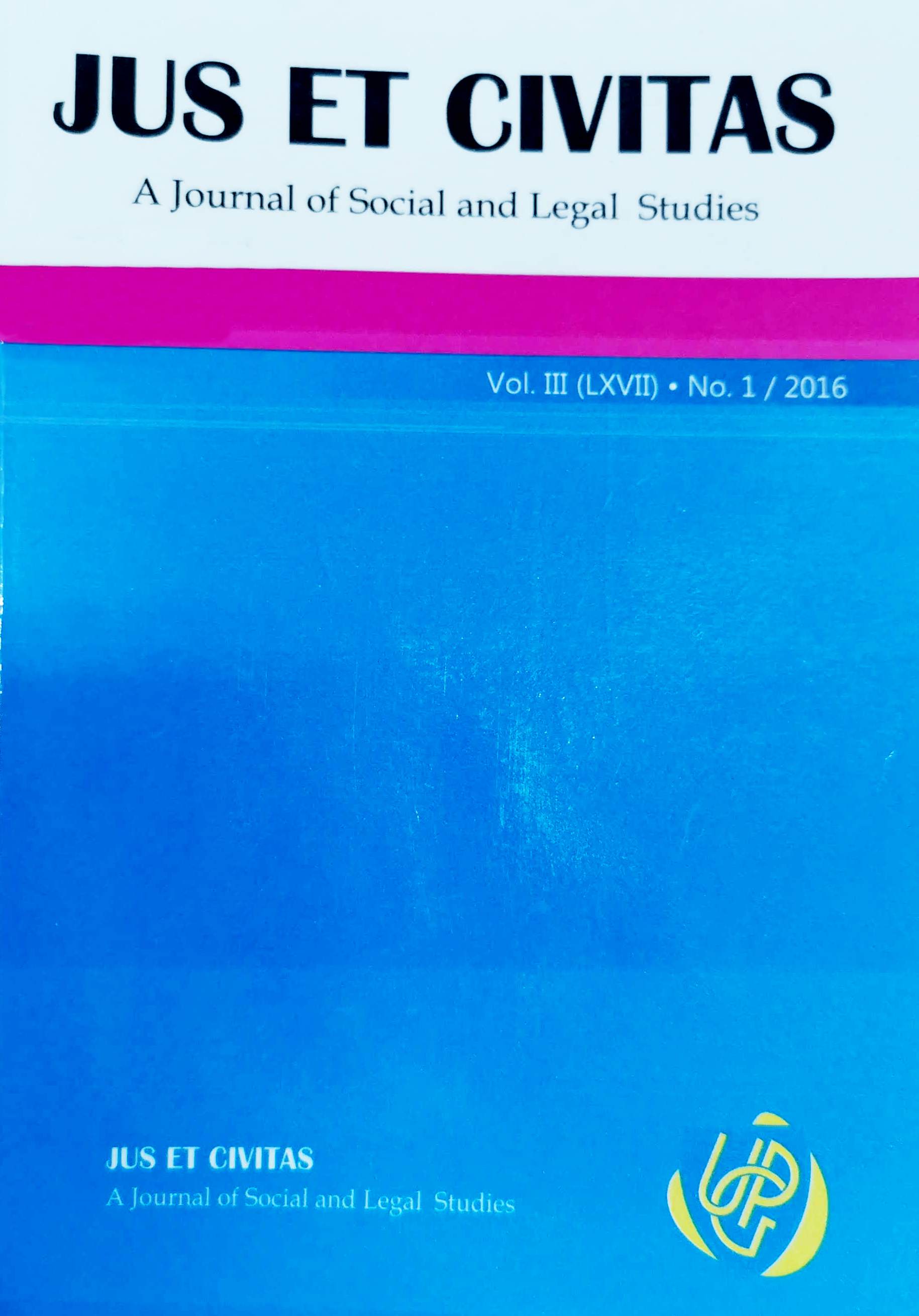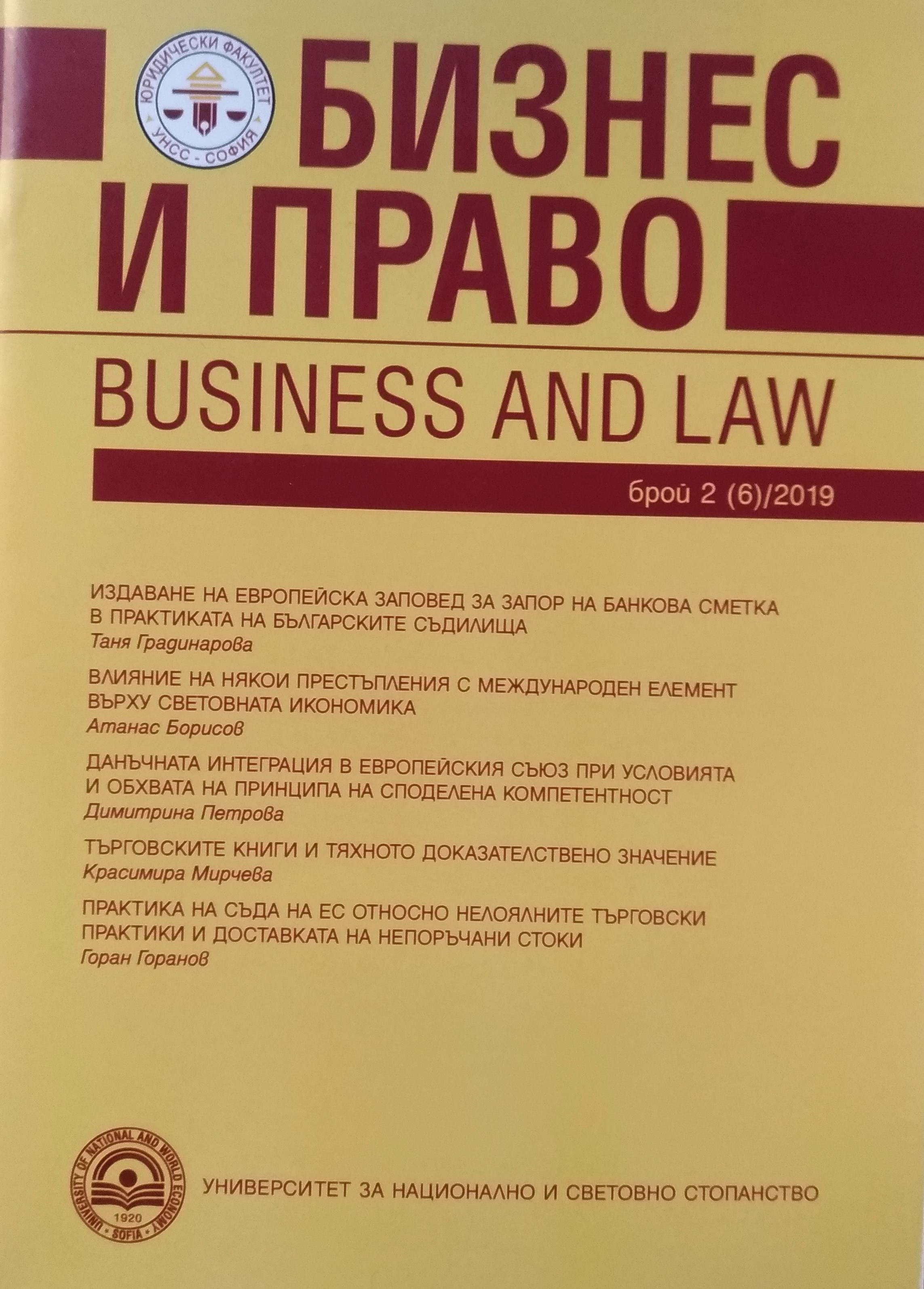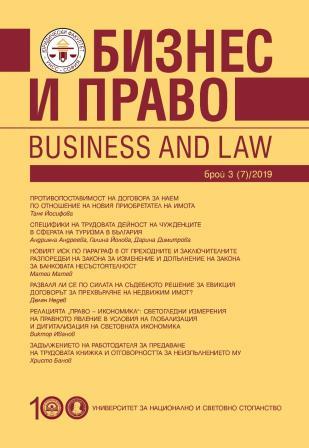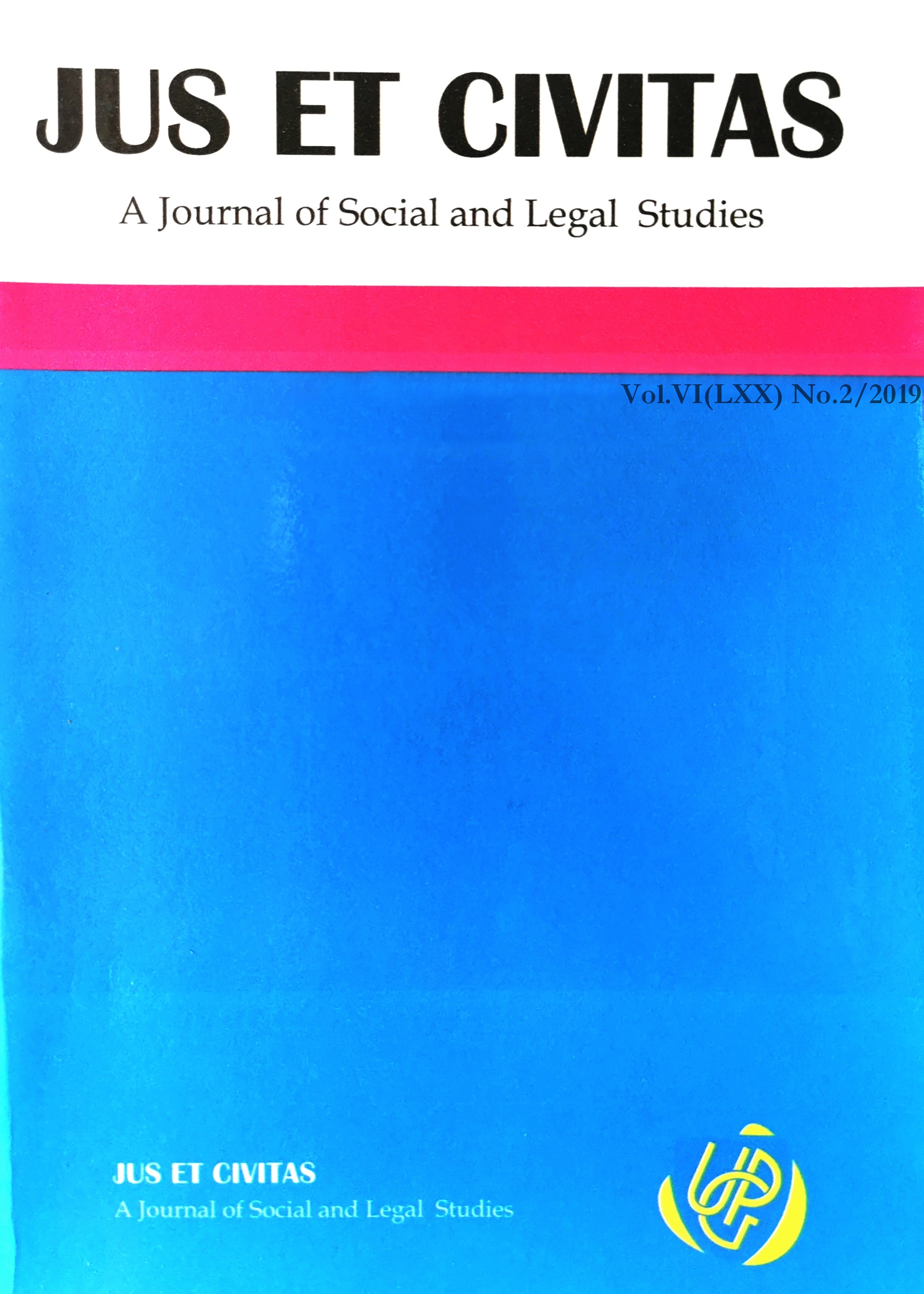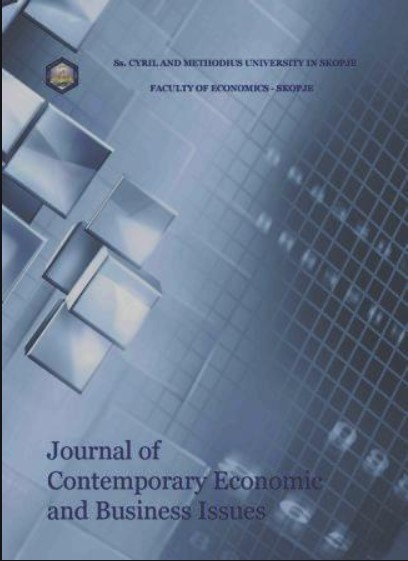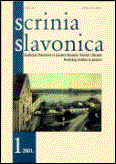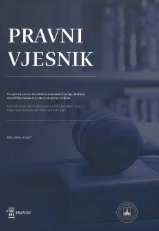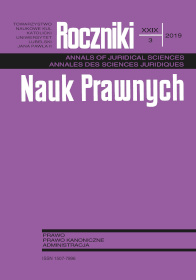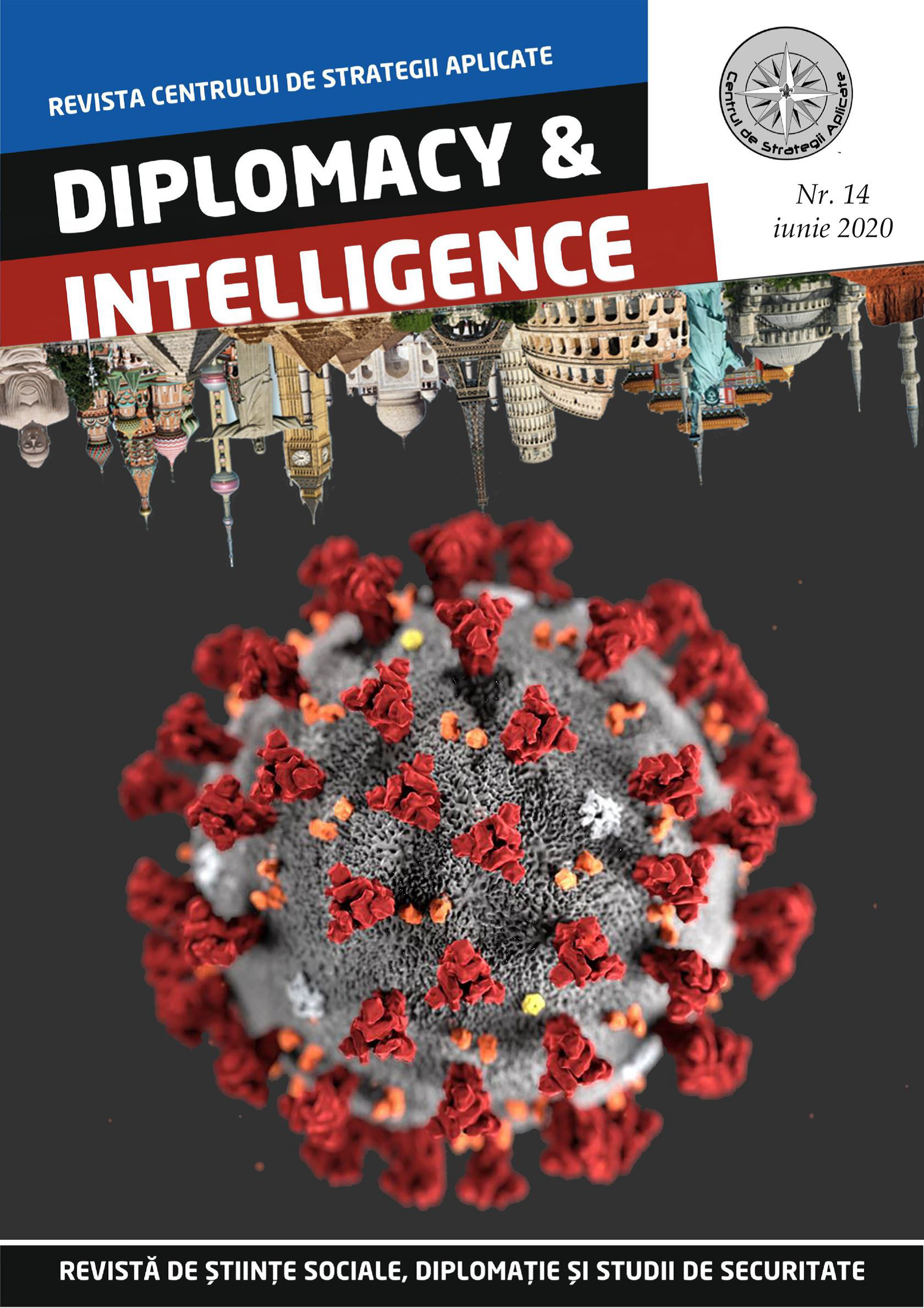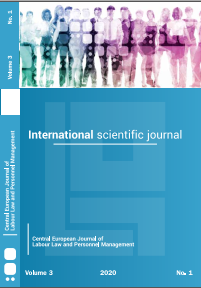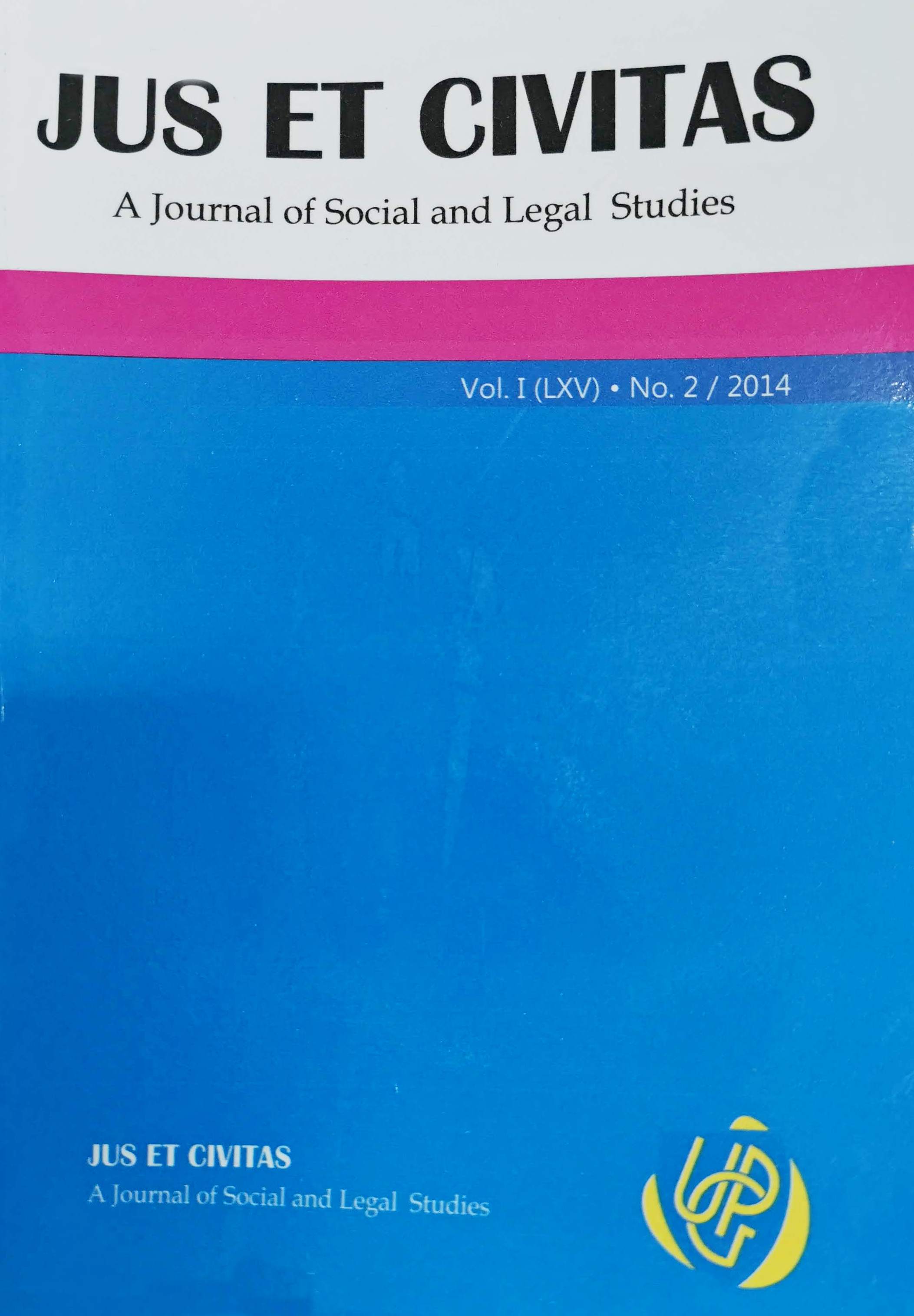
CULTURE ET CULTURES JURIDIQUES A L’INTERIEUR DES SOCIETES COMMERCIALES DE L’UNION EUROPEENNE. UNE ETUDE COMPARATIVE
L’apparition des droits subjectifs représente, selon Max Weber, le résultat d’une mutation fondamentale dans la compréhension du « droit légitime » (Berechtigung), qui s’est déplacé du droit traditionnel, qui fixe des devoirs à l’individu, et qui conçoit les droits « sous forme d’un reflet »2 de ces devoirs, vers les droits subjectifs, vus comme une capacité, une « source de pouvoir ». Le droit n’est plus la réflexion d’un devoir prévu par la loi, mais il confère à l’individu un pouvoir sur les actes des autres. A l’intérieur de la société, l’équilibre entre societas et labor se réalise principalement par l’intermède de la loi. Mais la construction européenne multiplie le cadre normatif en ajoutant à la culture juridique nationale une culture supra-étatique qui régit des rapports propres aux relations intra-societales.
More...
